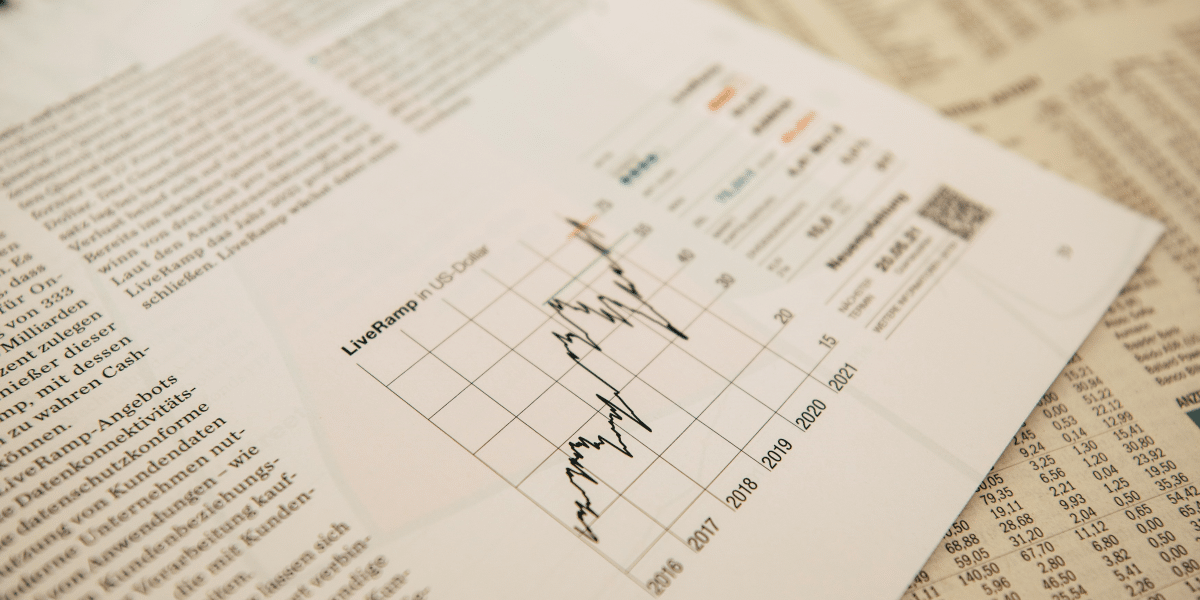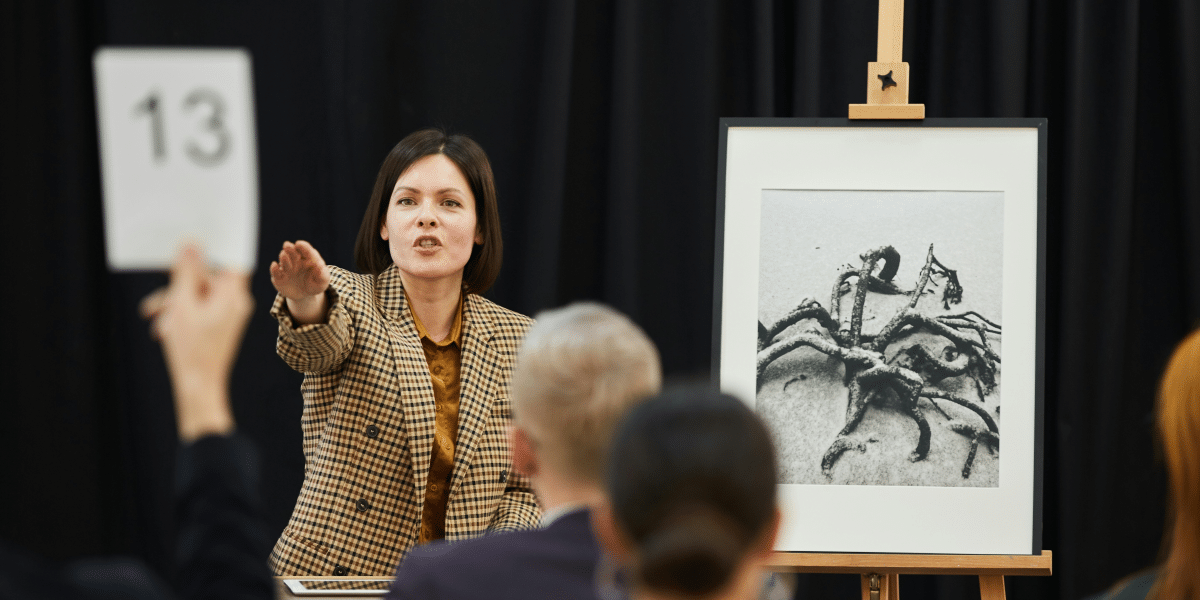Matchmaking Algorithms: It’s Not Just Magic
Ever wonder how dating apps decide who pops up on your feed? While companies keep their exact algorithms secret, economists shed light on the underlying principles. Most apps use a combination of the following:
- Preferences: Your stated preferences (age, location, interests) narrow the potential pool of matches.
- Desirability Scores: Attractive profiles (more likes, messages) often get shown to more people, influencing your place in the dating algorithm pecking order.
- Engagement Metrics: Apps want active users, so responsiveness and swiping habits play a role in whose profile you see.
“Think of dating app algorithms as complex sorting machines,” explains an expert in digital marketplaces. “Their goal is to maximize matches that lead to engagement which drives app usage and, importantly, revenue.”
In the offline world, how we dress, carry ourselves, and make conversation all send signals to potential partners. The economics of online dating isn’t so different. Your profile photo is your primary advertisement. Research shows smiling, well-lit photos and a sprinkle of “humblebrags” in your bio tend to increase your chances of receiving those coveted right swipes.
The information you choose to share matters. Signaling a shared interest, like a niche hobby, can make you more appealing to a like-minded subset of people. Even sending the first message is a form of strategic signaling, demonstrating both interest and initiative.
Economists may not seem like the most romantic bunch, but they are drawn to the online dating world because it’s a treasure trove of data. They analyze patterns in matching, how preferences change with age or experience, and even how our digital dating behaviors can reveal underlying social biases.
This research doesn’t just provide quirky insights. It can be used to improve algorithm design, making matching systems more effective and potentially leading to more meaningful connections.
Some experts worry that the very gamification of online dating might have unintended consequences. Swipe-based apps can encourage snap judgments based on appearances rather than fostering deeper connections. The constant stream of potential matches can create a fear of missing out, leading to less satisfaction with the partners we do connect with.
Where Love and Money Meet
Online dating is big business. Apps use a mix of free features, subscriptions, and in-app purchases to generate revenue. Understanding the psychology of users is key to their business models. This means designing features that keep us engaged, even if it might not always align with our romantic goals.
“It’s important to be a savvy consumer while online dating,” advises a researcher in consumer psychology. “Remember, these apps are designed to keep you swiping, not necessarily to find you your soulmate.”
The economics of online dating offers a fascinating peek behind the curtain of the digital courtship machine. Understanding the algorithms, the power of self-presentation, and the ways our behaviors are analyzed can help us navigate the online dating world a little more strategically. Yet, it’s important to remember that while economics can explain some things, love often defies logic entirely.









